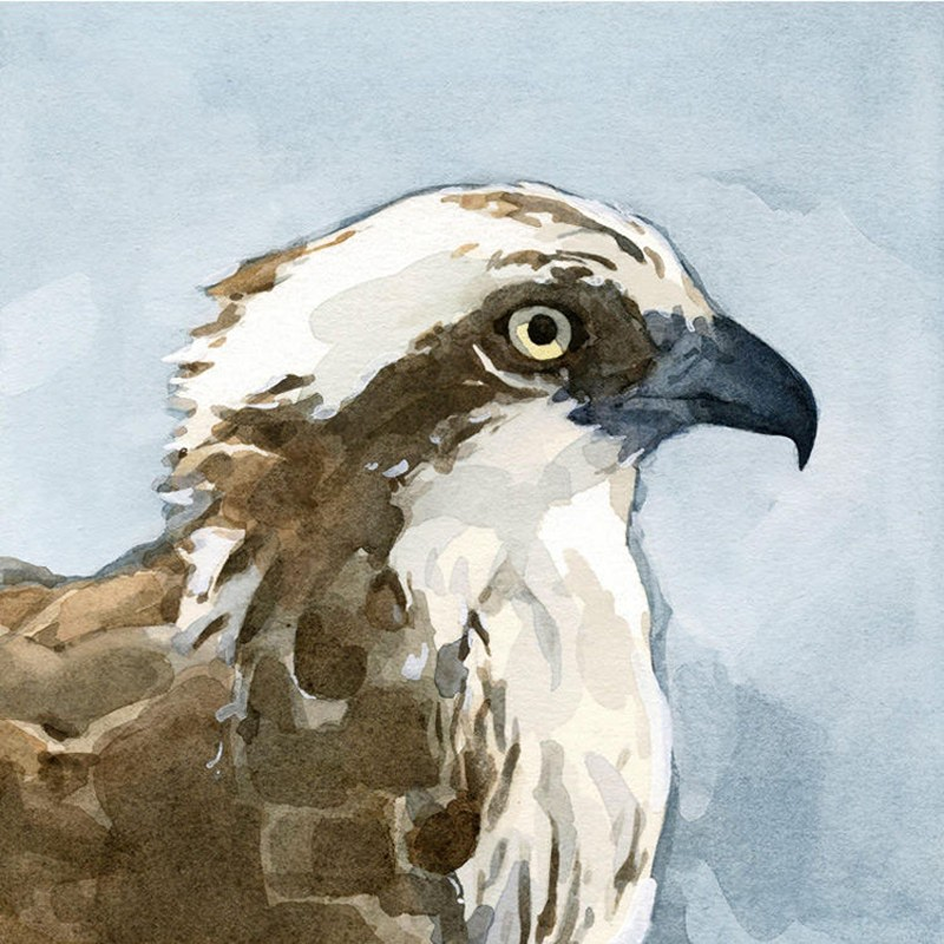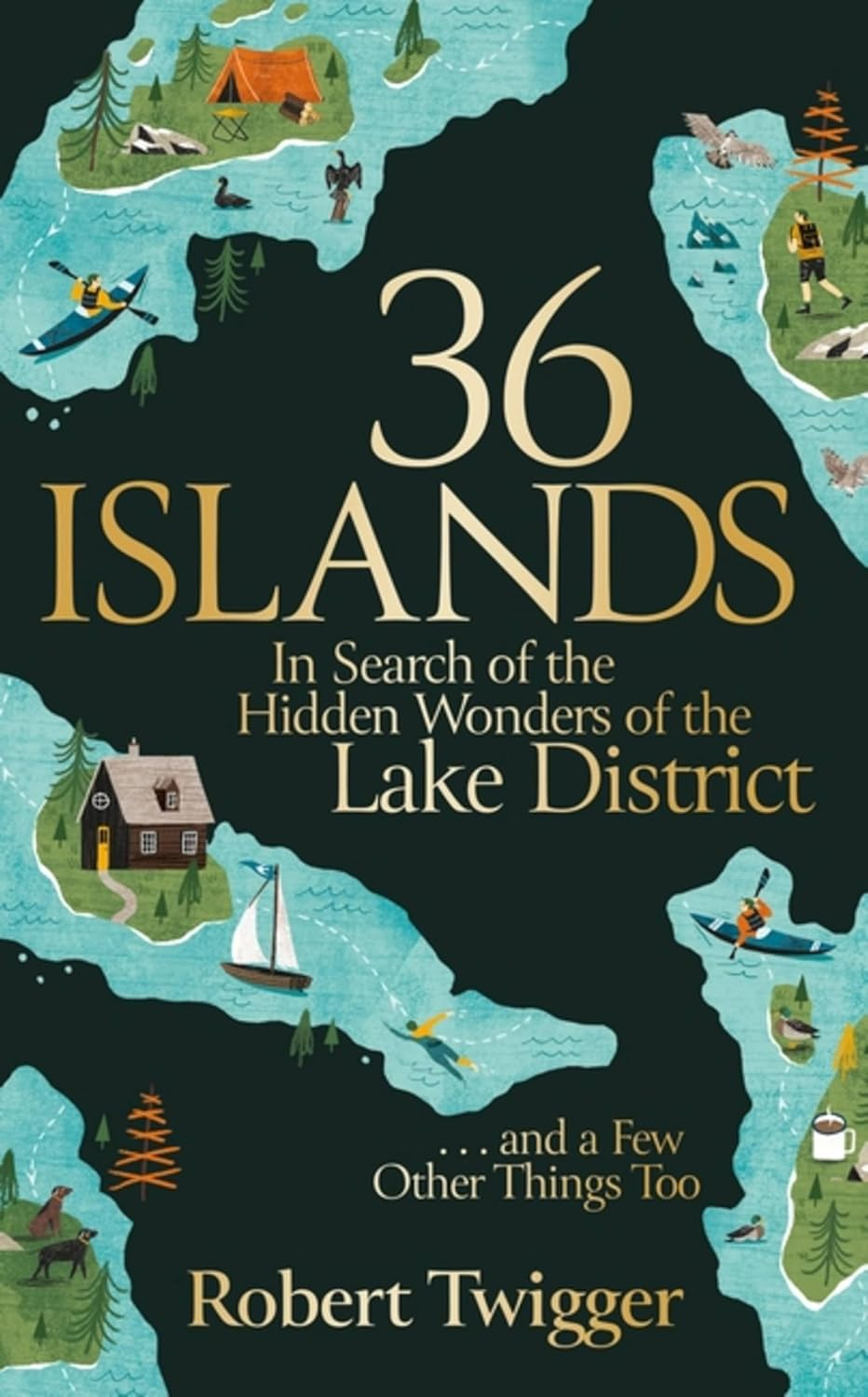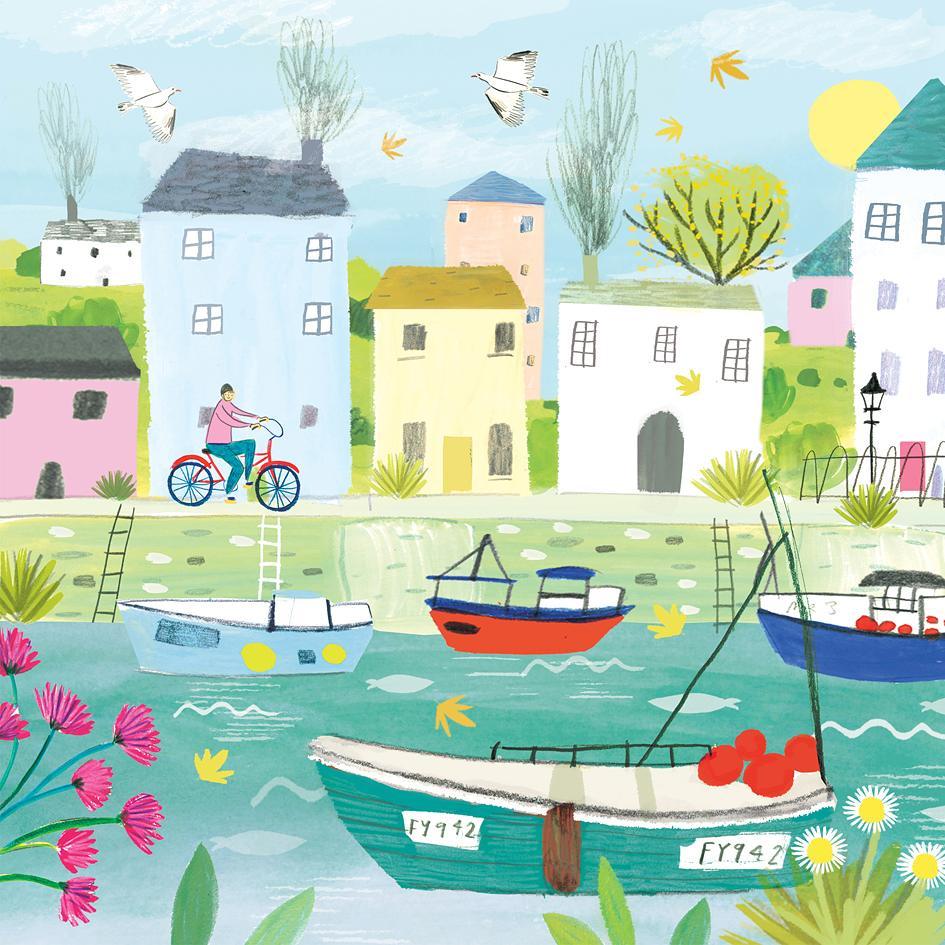The Lake District: England’s Largest National Park

The Lake District is England’s largest National Park, situated in the north west county of Cumbria. It’s a popular walking holiday destination, although it does suffer from over-tourism in summer months. Also read our posts on the lakes and mountains of the Lake District.
Always stick to the Countryside Code to help protect all creatures. If near to lakes or coastal areas (there are a few), read up on water safety for dogs. Also read our post on mountains of the Lake District.
Ospreys (England’s Fish-Eating Birds of Prey)

Ospreys were almost extinct a few years ago (due to hunting in Victorian times, at one point there was just one breeding pair left, in Scotland). These fish-eating birds of prey look like large brown and white gulls, and migrate over 3000 miles from West Africa, each year.
They use reversible toes (that turn 180 degrees) to hunt for slippery fish. They are such good ‘fishermen’ that around 70% of dives are successful. And if hungry, they usually catch a fish in around 12 minutes. Their eggs often hatch one-by-one, sometimes up to 5 days apart. The birds are possibly named after the Latin word ‘ossifragus’ (it means ‘bonebreaker).
Thanks to conservation efforts in England, the birds now have a bright future. They are still only really found on Rutland Water (a large manmade lake in the East Midlands – England’s smallest county). And in Cumbria’s Lake District.
Rewilding is a big thing in the Lake District, since the last golden eagle died on the remote eastern fells (the story of how this sad loss led to a passionate project to rewild the area can be told in the book Wild Fell).
Birds of prey are wild creatures, so should always be left alone, unless you know they are injured or in danger. Parents are usually nearby, so observe if concerned. Read more on how to help England’s birds of prey.
Visiting all 36 Islands of the Lake District

36 Islands is an adventure book with a difference, a poet who decides to visit all 36 islands in England’s largest National Park (some no more than rocks, others perfect for a night of wild camping).
Armed with just an inflatable canoe (and inspired by Inspired by Wainwright and Wordsworth), the author journeys beyond the tourists and busy roads, to islands both real and remembered.
You can feel the chill of waters creeping into your bones, as Twigger paddles his way to some of the most inaccessible spots. Shaun Bythell
He visits all the well-known lakes (and some not – who has heard of Devoke Water?) It’s usually raining, but he’s an irrepressible optimist. Fiona Reynolds
Robert Twigger is an award-winning poet, whose 12 books have been translated into over 20 languages. He has also crossed Canada in a homemade canoe, and was the first person to travel on foot across the Egyptian Great Sand Sea.
His previous book Walking the Great North Line saw him travel in a straight line from Stonehenge to Lindisfarne, to discover secrets of our ancient past.






